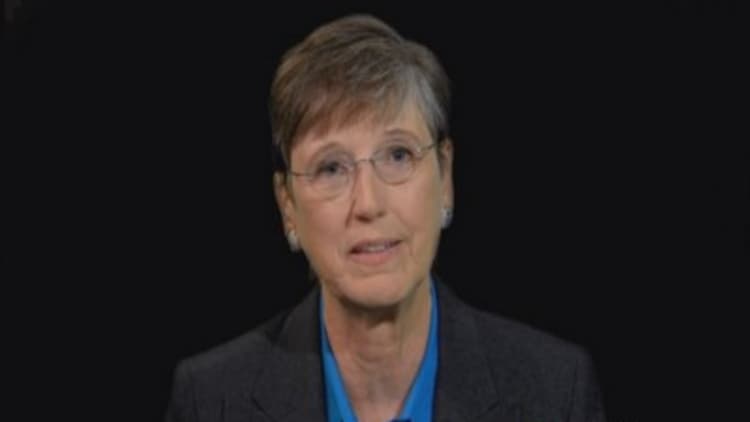


It's really never too early to involve your children in
You can start simply by explaining the purchases you make when you are out with your children. For example, have them pay attention when you are at the grocery checkout or when you pay for a meal at a restaurant.
You can also acquaint children with money matters by giving them their own funds to use for saving, spending and giving. Additionally, you can turn learning about money into games of your own devising, or use a popular finance-themed board game, such as Monopoly or Life.
Although there's ongoing dispute in some circles concerning the role of allowance in teaching kids about money, most financial experts agree that giving an allowance is better than not giving one.
As part of the allowance process, it's a good idea to set up rules in advance about borrowing. If your child encounters an unexpected expense and needs more money before the next allowance is scheduled, use the situation as an opportunity to teach them about borrowing and interest.
You can also teach kids to be goal-focused with their allowance. They can save their allowance for that "big purchase," which teaches them to be willing to delay gratification.
Read MoreWarren Buffett: How to teach your kids about money
Parents should use clear examples to teach their children about money concepts, such as:
- Earning money
- Saving money
- Borrowing money
- Spending money
- Budgeting money
- Checking accounts and checkbooks
- Credit cards and credit card debt
When it comes to teaching children about money, it is never too early to start. Practical money management taught at an early age will build solid money habits they can carry into their adult lives.
Certified financial planner Geri Pell, CEO of Pell Wealth Partners, explains.





